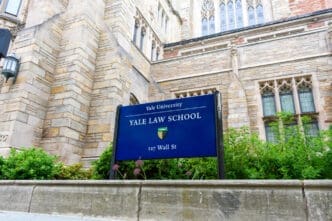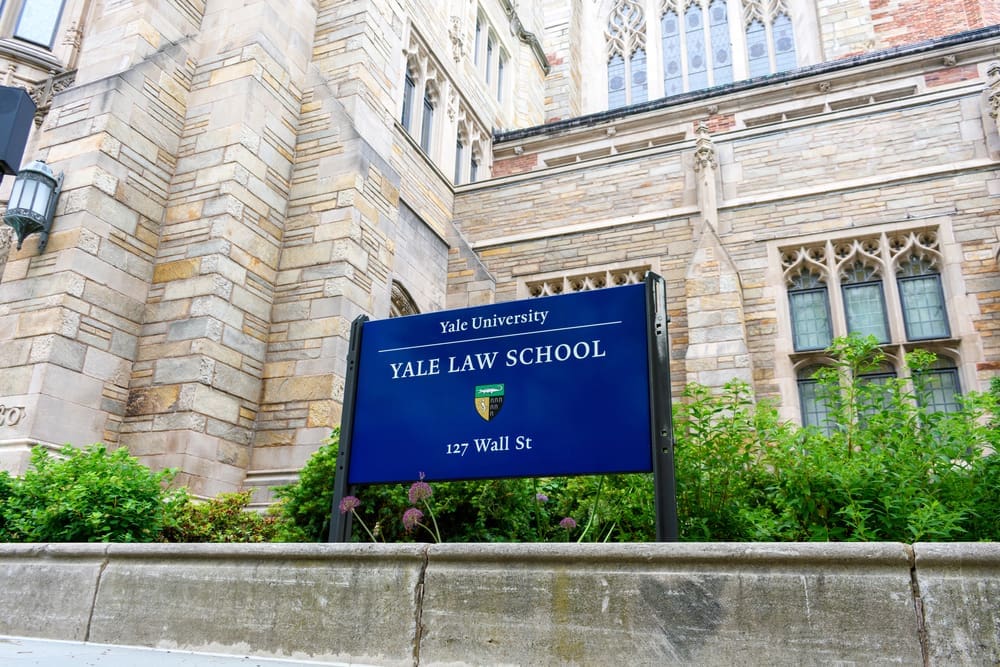Yale Law School has recently dismissed an Iranian scholar amidst allegations related to a controversial group. The scholar in question, Helyeh Doutaghi, who served as an associate research scholar and deputy director of Yale’s Law and Political Economy Project, has denied these allegations. Yale claims Doutaghi refused to cooperate with an investigation concerning her alleged involvement with the Samidoun Palestinian Prisoner Solidarity Network. This organization is labeled by the U.S. and Canada as a “sham charity” associated with the Popular Front for the Liberation of Palestine (PFLP), a designated terrorist group.
The school justified its decision by stating that Doutaghi had been uncooperative after repeated requests to discuss “serious allegations” in person. Among the evidence reviewed was a posting on Samidoun’s website, which allegedly identified Doutaghi as a member of the group. Despite repeated attempts, Samidoun did not respond to queries for comment.
Doutaghi, however, contends that the mentioned posting dates back to 2022, before the group was officially designated as supporting terrorism. She argues that Yale has not provided adequate evidence linking her to any misconduct. Additionally, she was listed as a speaker for a panel discussion in October 2024, organized by Samidoun and other entities, an event she claims not to have attended due to its cancellation or postponement. Her primary defense is that she is not affiliated with any group that contravenes U.S. law.
In her defense, Doutaghi, supported by her lawyer Eric Lee, offered to answer Yale’s inquiries in written form, citing concerns about potential detention and deportation as reasons for declining in-person meetings. She views this incident as indicative of a broader socio-political trend in the U.S., where individuals voicing opposition to certain policies face significant professional repercussions.
The Evolving Landscape
- The dismissal underscores the increasing tension in academic institutions over freedom of speech, particularly concerning international and political issues.
- It highlights the potential risks professionals face when involved or perceived to be involved with controversial organizations, impacting their careers and personal lives.
- The incident may discourage academic communities from engaging in sensitive political discourse, fearing institutional and governmental backlash.
- For international scholars, this case emphasizes the precarious nature of working abroad, where visa status can become entangled with political dynamics.
- Social and political movements within universities could see a shift, with administrations potentially tightening scrutiny on affiliations perceived as controversial or non-compliant with governmental policies.












